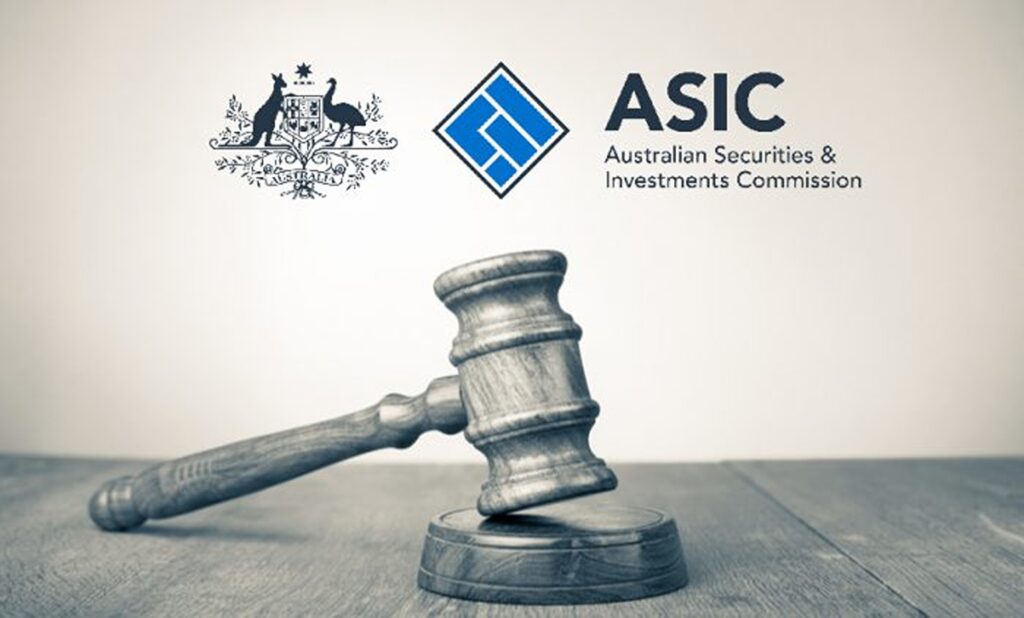A recent ruling by an Australian federal court has found Web3 Ventures Pty Ltd, trading as Block Earner, guilty of providing crypto products without the necessary financial services license, marking a significant legal development in the country’s crypto landscape.
Block Earner introduced the ‘Earner’ product, enabling users to accrue fixed yield returns from various crypto-assets, operating from March 2022 to November 2022.
The Australian Securities and Investments Commission (ASIC) initiated action against the company in November 2022, alleging the provision of unlicensed financial services through cryptocurrency offerings and running an unregistered managed investment scheme.
ASIC is now contemplating pursuing monetary penalties in response.
Sarah Court, ASIC’s Deputy Chair, underscored the ruling’s significance, stating, “This important decision provides some clarity as to when crypto-backed products should be considered financial products that require licensing under the law.”
“Crypto assets are risky, inherently volatile, and complex,” Court emphasised.
“ASIC remains concerned that consumers do not fully appreciate the risks associated with products involving crypto-assets, and today’s decision is an important step forward in ensuring appropriate protections for consumers.”
However, the court dismissed ASIC’s assertion categorising Block Earner’s variable yield crypto-asset-based offering as a financial product.
Despite facilitating access to decentralised finance lending protocols, the regulator deemed it a financial product due to its resemblance to a managed investment scheme, investment facility, or derivative.
Although Block Earner lacks an Australian Financial Services license, it is registered with AUSTRAC as a digital currency exchange.
Its range of cryptocurrency-based fixed-yield earning products, including USD Earner, Gold Earner, and Crypto Earner, collectively known as Earner Products, were on offer.
Meanwhile, ASIC has pursued legal action against several other crypto firms for operating without licenses.
In September, the regulator sued the local operator of the crypto exchange Kraken for failing to meet design and distribution obligations concerning the margin trading product.
“Firms offering products with crypto-assets must carefully consider whether their offerings are financial products under the existing regime,” remarked the regulator’s Deputy Chair, “and, if they are, ensure that they are appropriately licensed and authorised before distributing them.”
